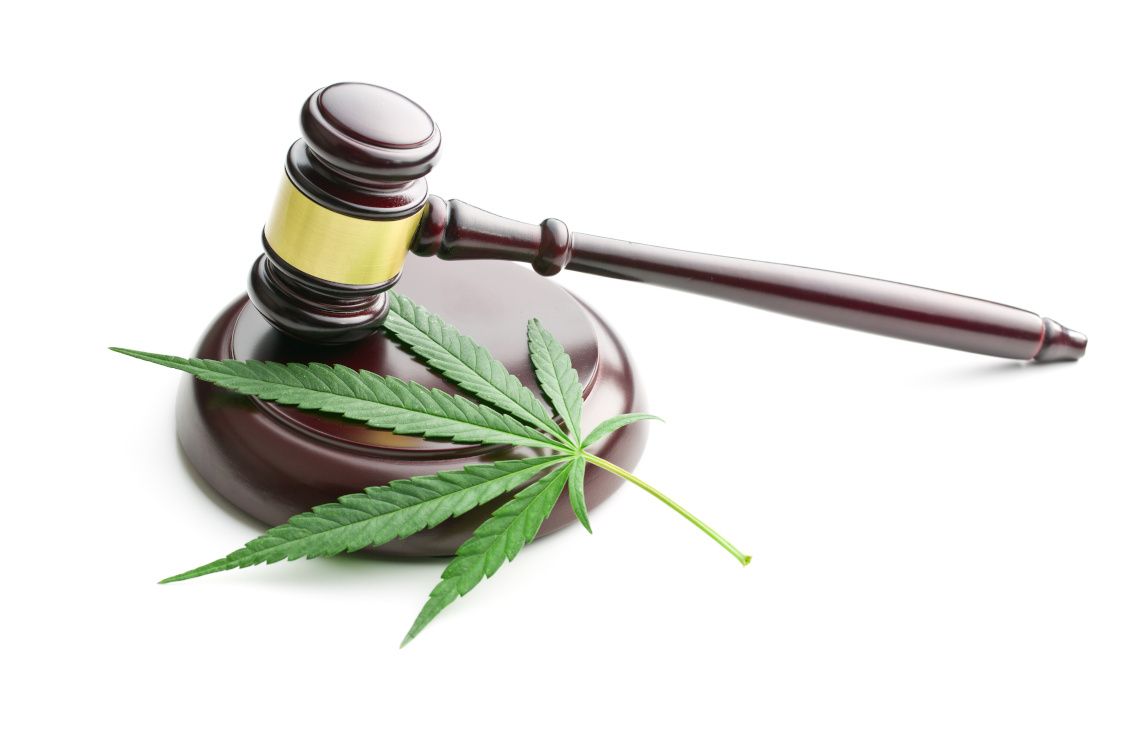FTC cracks down on unsubstantiated CBD claims
FTC is taking action against six companies for allegedly making a wide range of scientifically unsubstantiated claims regarding CBD’s ability to treat serious health conditions such as cancer, heart disease, hypertension, and Alzheimer’s.
Photo Credit © Jiri Hera - Stock.adobe.com

The Federal Trade Commission (FTC) recently announced the first law enforcement crackdown on deceptive claims from companies selling cannabidiol (CBD) products. FTC is taking action against six companies for allegedly making a wide range of scientifically unsubstantiated claims regarding CBD’s ability to treat serious health conditions such as cancer, heart disease, hypertension, and Alzheimer’s.
FTC is requiring each company to stop making unsubstantiated claims immediately, with several companies having to pay monetary judgments to the agency. “The six settlements announced today send a clear message to the burgeoning CBD industry: Don’t make spurious health claims that are unsupported by medical science,” said Andrew Smith, director of the FTC’s Bureau of Consumer Protection, in a press release. “Otherwise, don’t be surprised if you hear from the FTC.”
The Council for Responsible Nutrition (CRN; Washington, D.C.) applauded FTC’s actions. “CRN commends the FTC for taking action to protect consumers by calling out marketers making illegal and unsubstantiated scientific claims on cannabidiol products,” said Steve Mister, president and CEO of CRN, in a press release. “CRN supports strong enforcement action from FDA and FTC against companies who market CBD products with illegal or unsubstantiated claims. This recent announcement is another reminder to all of the need to establish a legal pathway to market for CBD dietary supplements. As consumer interest in CBD grows, more products continue to come to market. Many products come from responsible manufacturers that comply with federal regulations. However, these responsible products must compete with unsafe and illegal products from less reputable companies, some of which are poorly manufactured, make illegal disease claims, are improperly labeled or contain unsafe adulterants.”
CRN continues to petition FDA to exercise its statutory discretion provided to it in the Food, Drug, and Cosmetic Act, which would allow CBD to be marketed as a dietary supplement and impose the legal and regulatory requirements that currently exist for other dietary supplements. The trade group also advocates for the passage of H.R. 8179, the Hemp and Hemp Derived CBD Consumer Protection and Market Stabilization Act of 2020, and until then, calls for a harmonized framework for state CBD regulation.